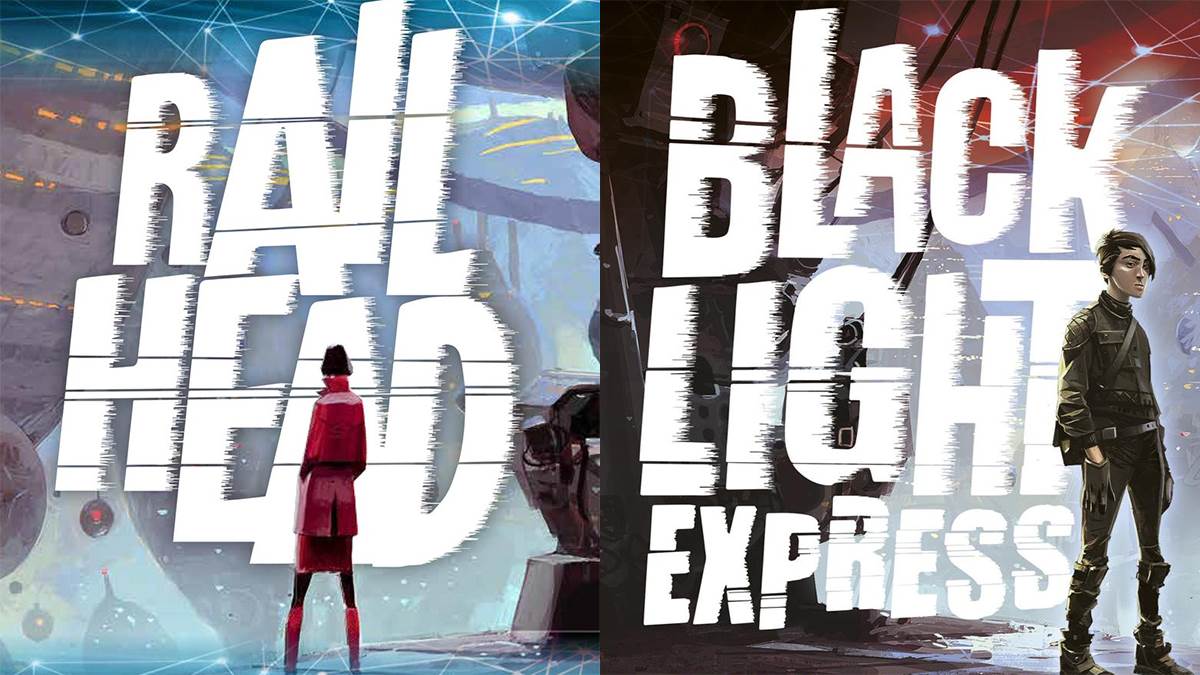Philip Reeve on YA and sci-fi
Published on: 29 July 2016 Author: Philip Reeve
Ahead of YALC this weekend, author Philip Reeve talks about loving fantasy books as a child, not having a YA genre when he was younger and being inspired by trashy sci-fi stories.

Growing up in the 1970s, I discovered early on that books could be doorways into other worlds. I wasn't interested in reading stories about kids like me at schools like mine. I wanted books which took me on journeys to far-off times and places. (I wanted films and TV shows that did that, too, but there weren't enough of those, so I ended up reading a LOT of books).
I loved myths and legends, and historical stories like those of Rosemary Sutcliff. And I adored CS Lewis and JRR Tolkien, who had invented whole magical worlds of their own, and Alan Garner, who brought some of that magic back into our world.

But I never read science fiction books. I was fine with fearful monsters and terrible threats if they were safely contained in Middle Earth or Ancient Greece, but sci-fi stories had them wandering around in the present day or the future, which was a scary prospect. It wasn't until Star Wars came out, when I was eleven, that I finally realised SF was basically in the same business as fantasy and ancient legends.
So after that I read all the sci-fi I could find. There wasn't really such a thing as YA when I was a Young Adult: there was a 'teenage' section in my local library, but there wasn't much in it, so pretty soon I drifted through the connecting door into the grown-ups' library.
There I found all sorts of classic SF books, mostly published by Victor Gollancz, and easy to spot on the shelves because of their plain yellow covers.
A lot of them were collections of short stories from the 'pulp' magazines of the 1950s and 60s. Lots of great writers had started out in those magazines: authors like Robert Heinlein and Arthur C Clarke had built dizzying visions of the future in the space of a few pages, and Ray Bradbury had taken their rocket ships and time machines and spun them into modern fairy tales - he wrote in a way that got me excited about writing, too.
But there also lots who weren't so great; hacks who ground out predictable plots in predictable prose. Writers always like to talk about the great authors who influenced us, but the rubbish ones are important too.
Reading Tolkien and Sutcliff and Garner and Bradbury got me excited about stories, but reading trashy space stories by people whose names I've long forgotten made me think, 'I could do better than this!' (Maybe my own books are having the same effect on some budding writer out there at this moment.)
And then, as I got older, I stopped reading SF. I'd had enough: I wanted to read about real things. But all those stories (and all the myths and fantasy tales I'd read before them) must have warped my imagination beyond repair, because even now, whenever I write something of my own, it almost always turns into fantasy or science fiction.





